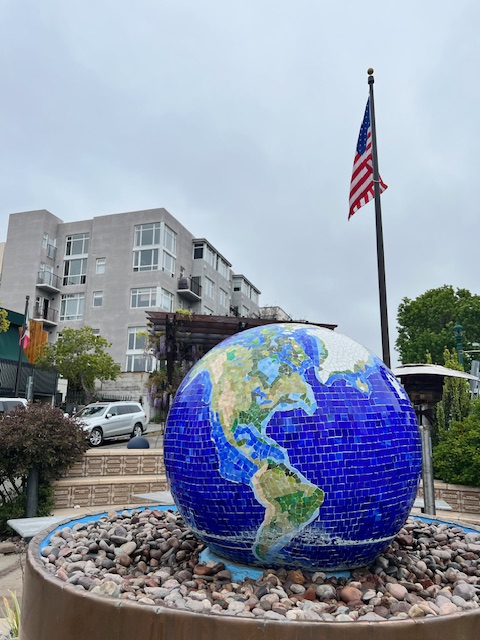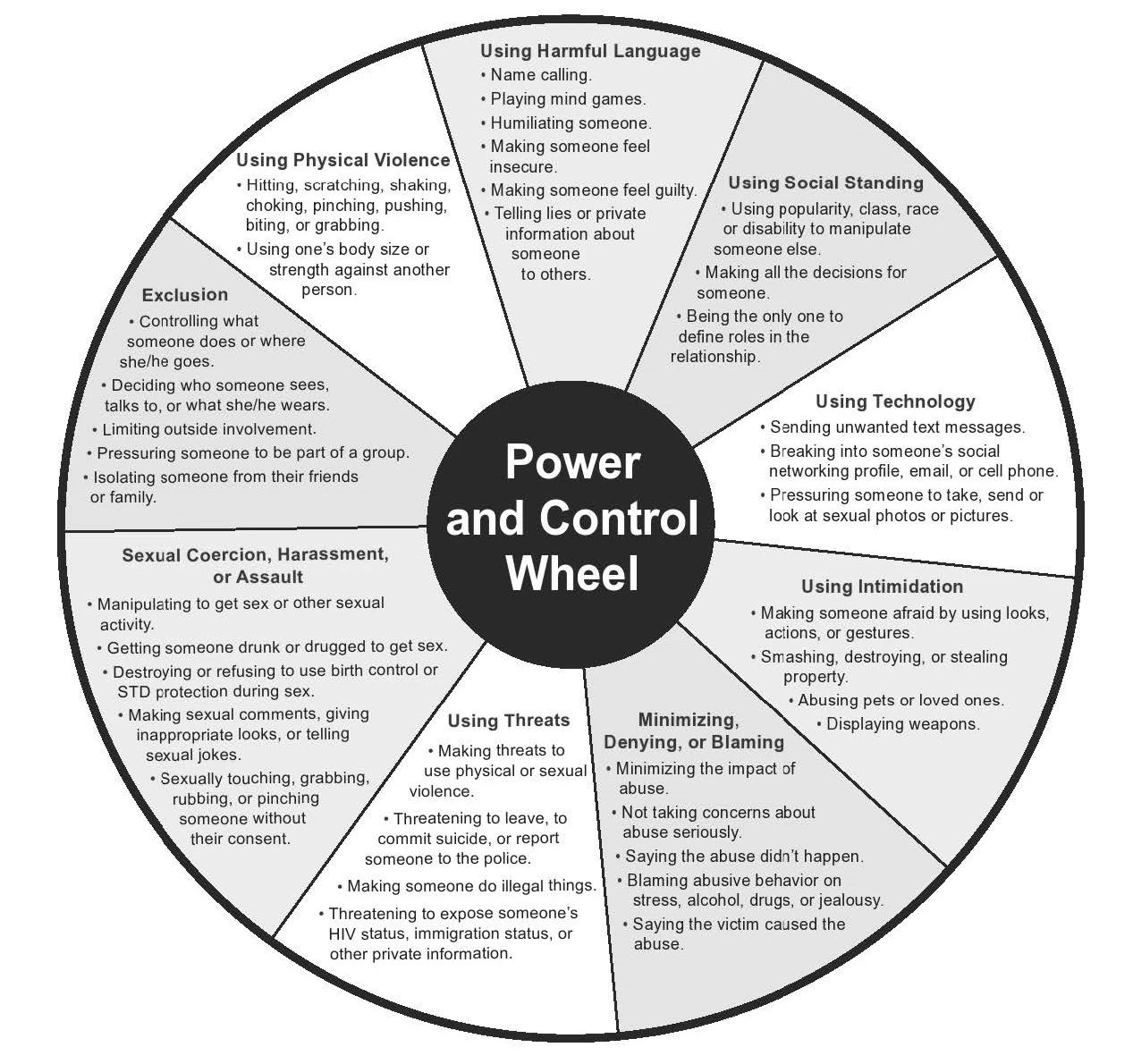Peace

What brings you peace?
It brings me peace to make decisions based on my wisdom and intuition rather than the opinions of other people or society’s expectations. When I am living authentically at the risk of being disliked, I feel at ease. It is in those moments that I know that whatever happens, good or bad, is under my control because I didn’t allow myself to succumb to outside influences.
Growing up with a fear of abandonment, my coping mechanism was to be likable. Emotional neglect taught me if I was cute enough, funny enough, or put on a great performance I could earn fleeting attention. When I was little I set out to please adults and as I came into adolescence I sought to be accepted by peers, all so I could fill the chasm left behind from my broken family.
The Good
This served me well. I’ve connected with a wide range of people from all walks of life deeply and effortlessly. Others who used similar coping techniques describe feeling like a “chameleon,” but I do not relate to that descriptor. Frankly, that seems awful. To be a chameleon would be to distort your outside appearance for a moment to hide for the sake of safety. To be a chameleon would mean when you were away from outside influences, you would fade back to your natural state of green.
Not I. I wanted to stand out, not hide. I was loud, exuberant. But I was also inviting, friendly. A listener, an observer. A showman.
My hometown was often described as a melting pot. That language later changed to a more appropriate metaphor: cultural mosaic. It wasn’t that the wide variety of outside influences became watered down into a soup of sameness. Rather, up close you can see the separateness, yet from a distance you can see they constitute as a unit.

Growing up without guidance, I absorbed culture around me. I learned from my black classmates and teachers, I smelled Indian food wafting through the open door of the neighboring apartment day in, day out. I learned rudimentary Spanish, I studied Judaism. I absorbed subculture when I was into punk rock, when my high school was down the street from the “Gayborhood”, when I worked fine dining, bars, luxury retail, marketing. Adopting culture from peers wasn’t appropriation. Culture is what surrounds, what raises you. I was a stray. Rather than learning culture from parents, I picked it up as I went along. Those cultures are just as much a part of me as the many blood transfusions I’ve received.
I, too, became a cultural mosaic, and found it simple to find things to relate to with others.
The Bad
Wanting to be liked is a losing game. It can mean saying yes when you should say no. Taking on more than your share. People pleasing. Neglecting or even losing yourself.
Everyone can’t like you, because everyone has different preferences. For me, those who seem like they’re parroting in group conversations are always the first to make me feel cautious, even leaning toward dislike. Who are they really?
I learned last year during my brush with an envious person that all the efforts I make to be the best version of myself can repulse someone with opposing values. So much so that there was no amount of friendly that could turn it around.
The Ugly
People pleasing & fighting the uphill battle of being liked can be downright dangerous. It can lead to a misunderstanding about consent. When you’re consistently compromising to avoid conflict, a control creep occurs. The other person is calling the shots in more and more of your everyday experiences.
When I was a teen, that frequent submission to the wrong person led to four years of on and off dating violence. There were at least three times I was almost murdered.

These same toxic patterns carried me into my first marriage, which ended up being similarly toxic and frequently aggressive from both sides, as I would lash out when I felt like the oppression was too much.
Maybe I never fully healed from allowing others to take the wheel. In our society, mothers are disempowered from the get-go. They’re stuck with hard choices like work or full-time childcare with no additional support when historically it was the norm for many in a tribe to take on a role of guidance for all young. This financial disempowerment made me feel unworthy to make big decisions in my household. While outside of the home I have exuded confidence and assuredness, I historically have not embraced my power in the same way in my marriage.
This is not inauthenticity, nor a character flaw. This is a trauma response and social conditioning in a patriarchy. I’m learning that I need to bring the same unwavering confidence I express in my public life home, that I need to stand in my own power.
When I do, I feel at peace.
[…] I have valuable insights and contributions to make and I have the courage to speak up. I’m warm, relatable, and connect with others easily, which leads to those around me feeling a sense of belonging. I […]